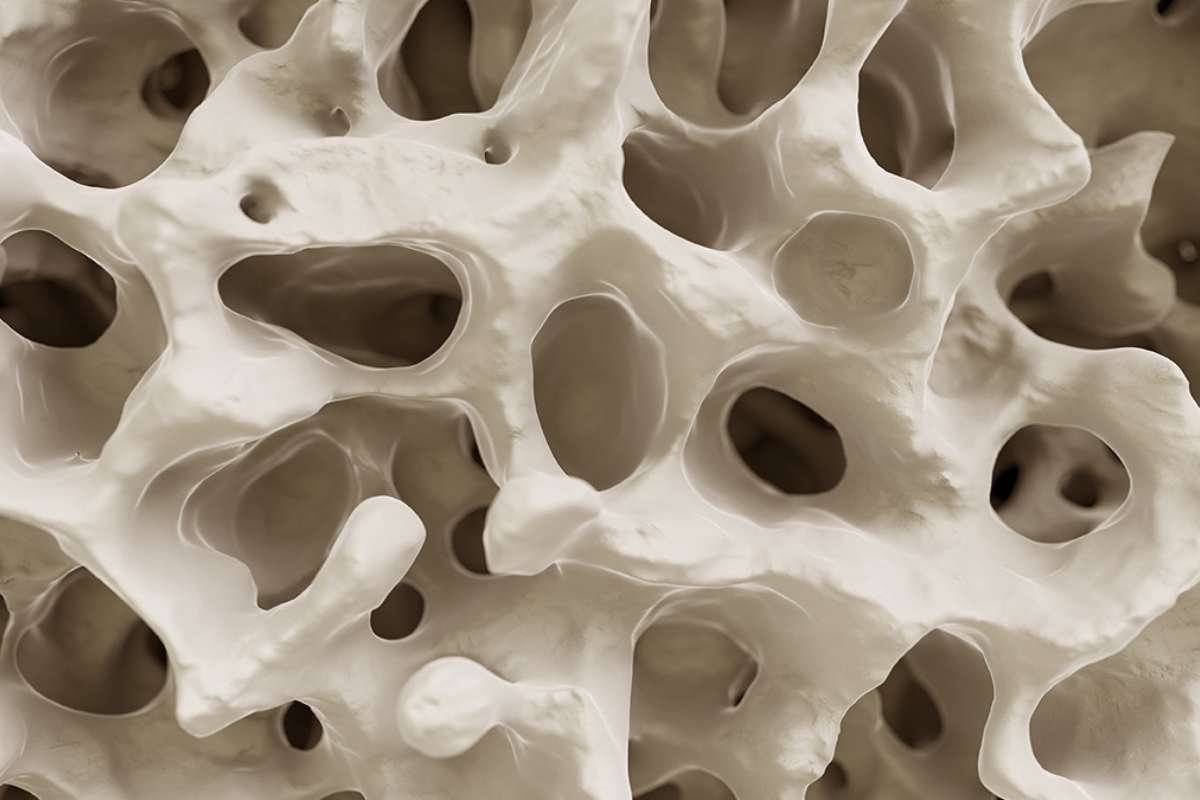There is a trinity of nutrition in our bodies. Proteins, fats, and carbohydrates. Protein is the backbone of muscle building. That is why so much importance is given to it. The fitness industry revolves around it. There are various protein powders available in the market too, to help us build the required muscle.
The fitness industry focuses on workouts and consuming these protein powders. There are a variety of them available and their significance has increased since the last decade. But the protein powders which we opt for, have you thought of their importance? What you should think about when buying these protein powders?
Here are 4 pointers mentioned on buying protein powders:
1. Read the ingredients list:
Carefully examining the nutritional content and ingredient list in the protein powders is essential to ensure the product aligns with your goals and preferences. Check the macronutrient breakdown, particularly the protein content per serving. Most protein powders offer around 20-30 grams of protein per serving, but this can vary significantly.
Determine if the product’s protein content meets your specific needs, whether it’s post-workout recovery or general protein supplementation. Scrutinize the ingredient list of the protein powders for any additives, artificial sweeteners, or unnecessary fillers. Opt for products with minimal added sugars and artificial additives. Natural sweeteners like stevia or monk fruit extract are preferable alternatives. Avoid products with excessive fillers or unfamiliar ingredients that may compromise the overall quality and efficacy.
2. Digestion capacities:

The protein powders we consume must be easy to digest. If you’ve digestion issues like you can’t digest heavy foods or you’re allergic to some specific molecules ensure those aren’t present in the protein powders you’re looking for. Some gym freaks may suffer from gastrointestinal discomfort or bloating when these protein powders are consumed. If this is the case, then lactose or plant-based products may help and be found more suitable. Buy products that are allergen-free or made in an allergen-free atmosphere. Those will make your life easier.
3. Well-known brand:
Ensure the protein powders you’re opting for are recognized well by the public in general. The brands must have a history of providing good quality products in the market without any side effects. Go through the given customer reviews to get insights about the taste, mixing ability, texture, and effectiveness in general. Responsible and top brands often invest their time and money in research. They try to find evidence scientific evidence to back their claims about their products.
The selected is expected to be in the business for a considerable period of time. Expecting that they ensure good manufacturing practices with good hygiene during the manufacturing is no exception. Analyze if it will suit your body type. Consult an experienced person who has knowledge of these powders or who has used them before and seen good results.
4. Source of the protein:
The quality of the protein used and the source of it should be traced. There are various sources such as whey, pea, rice, or hemp. A particular protein offers a special benefit. Whey protein is said to be the best source for excellent properties of amino acids which are perfect for muscle growth and recovery. Recovery is required in cases of injury by mistake.

Plant-based proteins like rice or hemp are specifically for people with dietary restrictions or preferences. Find products that undergo an extensive amount of lab tests and quality checks. Tests that look for potency, contaminations, or purity levels. Certifications like USP-certified, and NSF International are an add-on.
Benefits of Protein powders or shakes:
1. Weight balance:
Consuming these protein-rich shakes or powders help people to be full and satiated for a long time. It reduces the snacking frequency. This saves a person from eating unhealthy food and as he’s full for a large portion of time he doesn’t want to eat as much. It is also advisable to consume for people who are obese and overweight. It will save them from high blood pressure and lower cholesterol levels.
2. Muscle growth:
For the growth of the muscles to happen, we require an adequate amount of protein in the body. Gym enthusiasts and athletes recommend that protein shakes or powders help them in bulking up after a heavy workout session. It is proved that protein powders and supplements significantly enhance muscle strength and power which help in weight training.
3. Recovery post-workout:

There are cases where muscle damage can happen post-workout. Athletes, celebrities, and gym freaks require to consume protein shakes in order to speed up the recovery process. Muscles get soared in some cases which need recovery and rest. Consuming protein shakes will help in mellowing down the sourness of it.
Types of protein powders or shakes:
- Whey:
This is a milk protein that is water soluble. It is the most popular one among athletes. It possesses all the amino acids that some foods do not pass on to the human body in required quantities. Also, whey protein is easily absorbed by the body.
- Soy:
This is a good substitute for people who do not consume dairy products. This also has amino acids similar to whey protein.
- Hemp:
These are seeds that have the required essential fatty acids. Vegans prefer to consume this and people who have allergies to dairy products or soy.
Conclusion:
Protein shakes or powders vary in price. Each one for their own. These can be beneficial for athletes, vegetarians, vegans, and older adults. Excessive concentration in the consumption of these may lead to missing out on other nutrients on the list like fibers, vitamins, calcium, iron, zinc, magnesium, and potassium.
Individuals who are opting for a protein supplement or protein powder should at least once consult with their family physician in order to ensure safety. Also, not every person needs extra protein. People who eat dairy products, eggs, meat, chicken, fish, etc do not need to consume extra protein.
Also Read: Could You Have a Vitamin B12 Deficiency?







